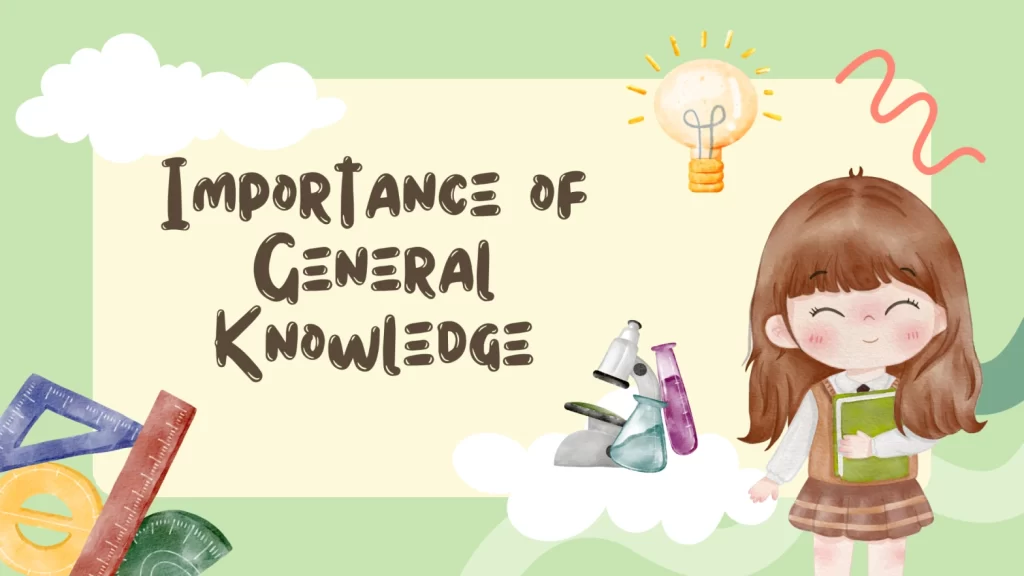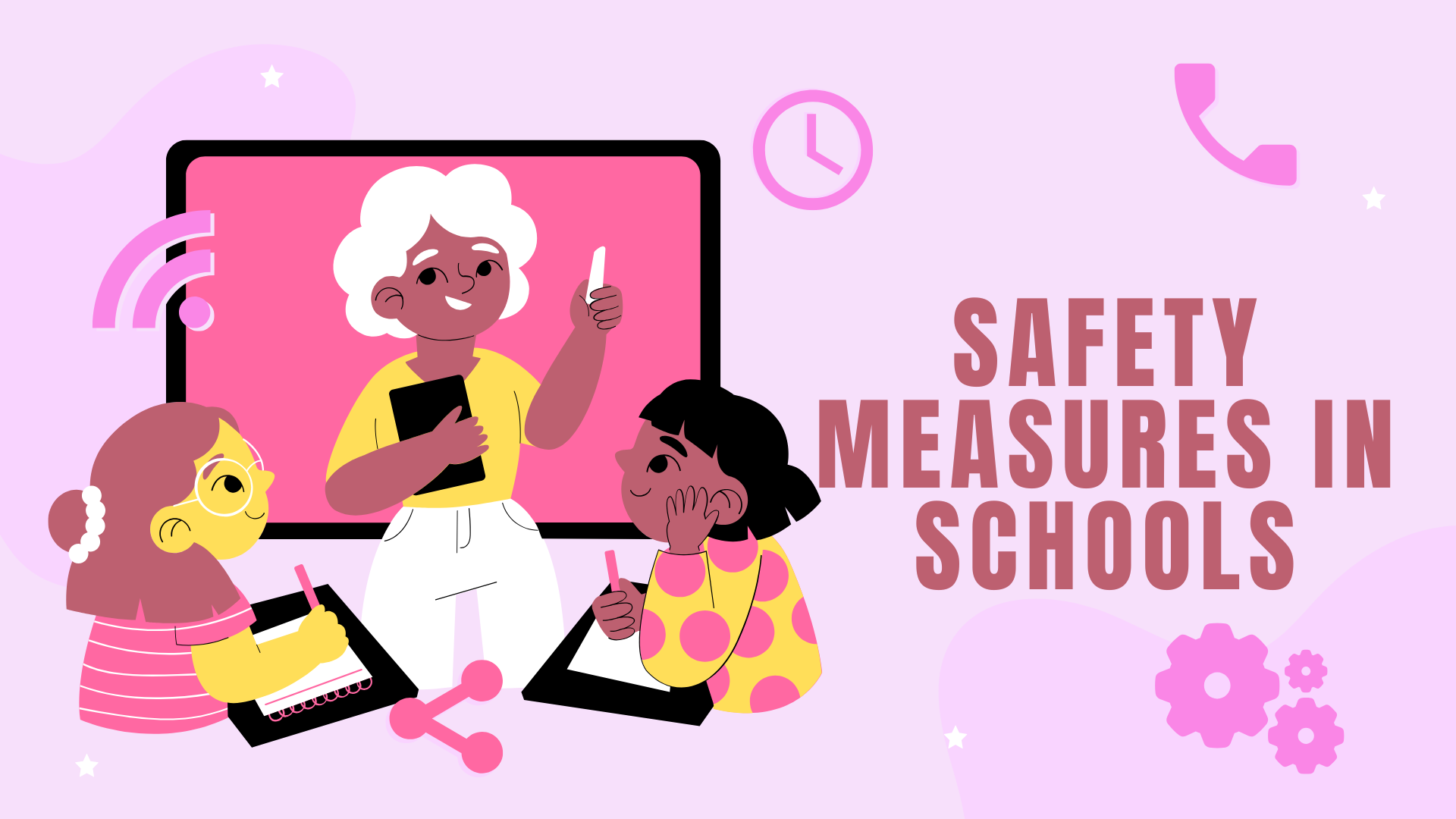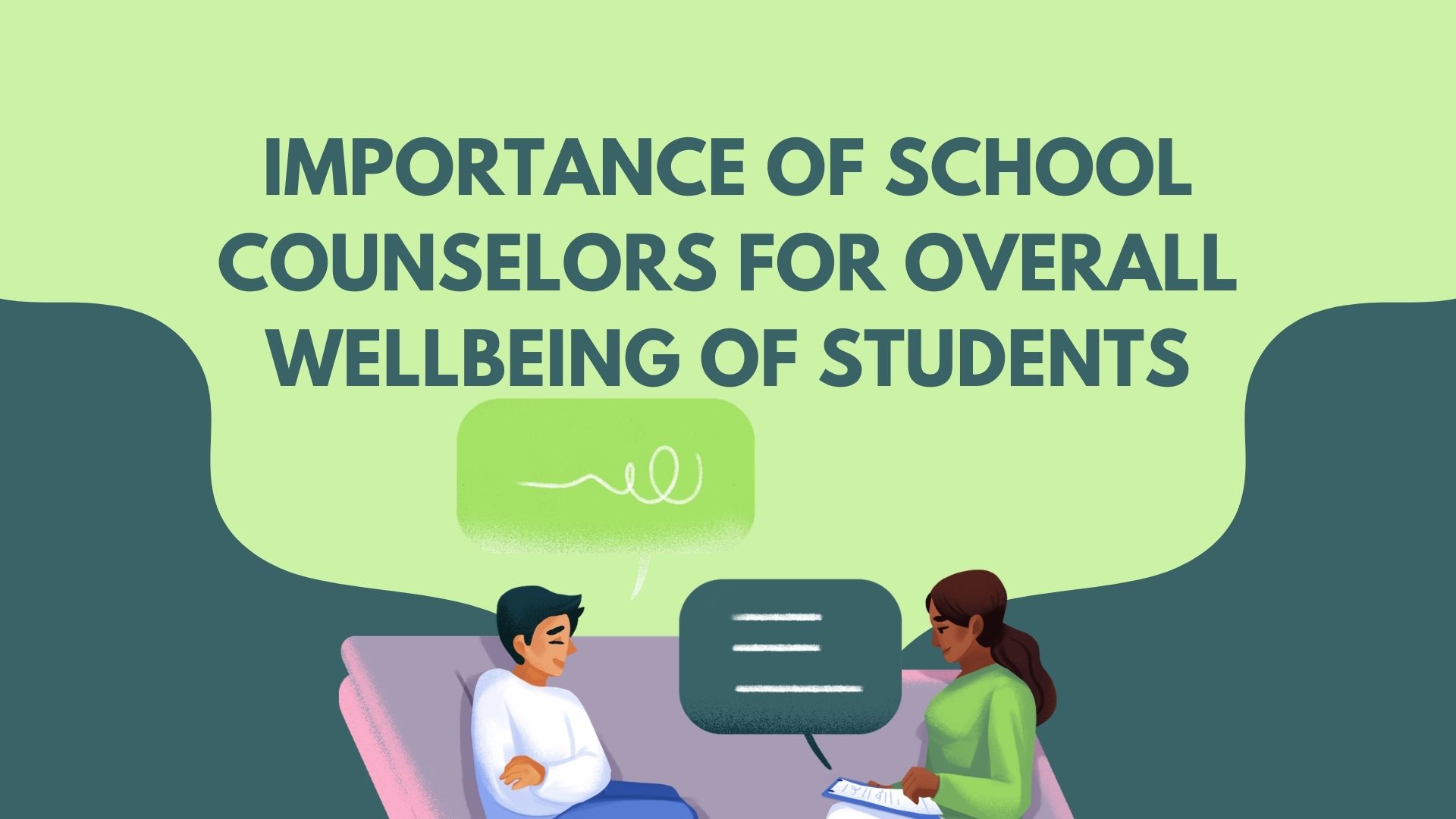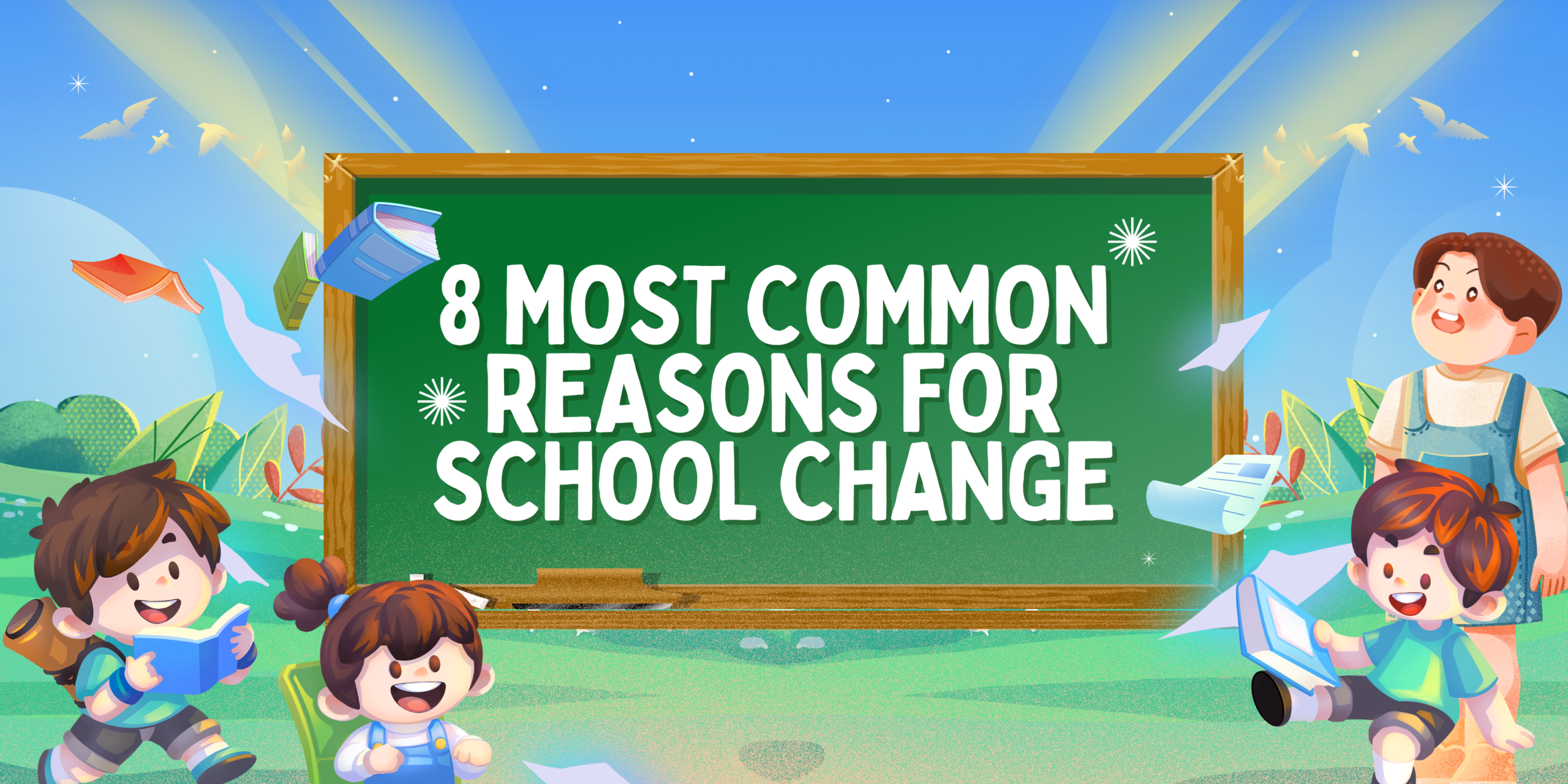
What Is Importance of General Knowledge in Students Life?
General knowledge is a subject taught in junior classes across CBSE, ICSE, and state boards. However, the importance of general knowledge extends beyond academics, as students need to be aware of current events, socio-economic impacts, diverse cultures, and communities, among other things.
GK is one of the smartest ways to keep students curious about topics that interest them. Many competitive exams have questions that test general knowledge, making it all the more important for future aspirants.
What is general knowledge?
The word “general” in GK magnifies the subject into any direction that piques one’s interest.
For example, if a student likes history and reads books beyond academic texts, they learn more about topics that broaden their knowledge.
If someone is interested in political science, they learn about governments, political systems, and gain an understanding of how countries function.
There are specific aspects of life that every citizen should be aware of. These include politics, sports, entertainment, finance, culture, science, geography, and environmental science:
- politics and finance help them understand countries and socio-economic conditions
- sports and entertainment keep them up-to-date with common interests shared in society
- environmental science grows awareness associated with nature to foster conscious living
- basic science to know about health, fitness, and ways to lead a healthy life
- geography helps us understand people and places
- cultures help us grow closer to our roots
Having basic awareness of these topics assists students to understand their surroundings, adapt to societal norms, and make lifestyle choices:
Importance of general knowledge in students life
Here are reasons why general knowledge is important and how it impacts academic growth for students:
1. Interest beyond academics
General knowledge is a treasure trove for curious kids who like to know about a little of everything or a lot about one subject. It prompts them to ask questions, find answers, and instills a quest to learn more about what interests them.
Academics include subjects and chapters based on a curriculum set by a school board. General knowledge helps students gather additional information. The best part about general knowledge is its accessibility to knowledge, as there are no exams to prepare for.
2. Better academic results
An enthusiast in general knowledge is typically a happy learner who enjoys studying and improving their grades. From preparing for debates to quizzes, from solving complex problems to creating innovative school projects, there is a genuine commitment to holistic learning.
You will always want to stand out from the crowd and create a good impression. The quality is carried forward towards workplace and societal involvements. The nature indirectly fosters one’s interest in academics, competitive exams, and learning more.
3. Strong command when socializing
The importance of general knowledge lies in acquiring information related to current affairs. It makes it easier to break the ice amidst friends and acquaintances when you’re aware of topics that can interest others. These topics become conversation starters, allow you to share opinions, and understand others’ perspectives. Such people often becomes everyone’s go-to wizard for suggestions.
4. Making better decisions
Making good decisions has a lot to do with mindset, which stems from being aware of one’s surroundings. A student who grows up being well-versed with their environment, cultural differences, and socio-economic conditions can make better decisions. They have knowledge about different parts of the world, their regulations, and what would maximize their potential. Their knowledge enables them to make informed decisions about where they want to live, what they want to do, and how they want to lead their lives.
5. Being rooted and culturally aware
One of the biggest complaints older generations have about the younger generation is that they are straying further from their roots. Our upbringing determines how rooted we are in our cultures and traditions. It reflects our history, values, and how we carry them forward for future generations. GK enhances the process of learning associated with community and civilization through art, film, politics, and traditions.
6. Becoming hands-on
A hands-on person is always eager to take action and get things done, and GK fuels their risk-taking abilities. For example, many male children tend to disassemble toys. They might have seen how a screwdriver is used and use the same tool to open their precious possessions.
These characteristics motivate them to acquire multiple skills they need while transitioning into adulthood. In such scenarios, general knowledge helps them have an idea of the elements they are dealing with, providing added caution.
For example, before handling electrical appliances, one needs to understand how current passes through wires to prevent themselves from an electric shock.
7. Easy to keep up with trends
General knowledge is closely tied to staying up-to-date with current affairs. It is essential for students who wish to pursue a career in mass communication, particularly for media studies and journalism. You can either pick a genre, such as finance, entertainment, fashion, technology, and politics, or have collective information associated with news of all kinds. Knowing what’s happening around the world also helps you make investment choices, retirement plans, and lead a life with awareness.
8. A lifetime of curiosity
People who want to know a little bit of everything never get bored. They pick up a hobby that keeps them engaged, creative, curious, and innovative.
A nurtured brain fuels ideas and creativity, while also being aware of the risks associated with execution. Their quest for knowledge is a rewarding hobby that makes them look forward to newspapers, magazines, and actionable activities. They are always looking for the next book to read and gathering knowledge that helps understand surroundings.
How to foster GK among students
Teachers and parents are responsible for creating an environment that nurtures students’ brains and piques their curiosity. Classrooms should be a space for discussion where students engage in debates, ask questions, and explore endless possibilities for learning. Again, homes should be a space that discusses cultures, follows traditions, and passes on generational values. Such foundational support develops bright minds that are informed and aware.







